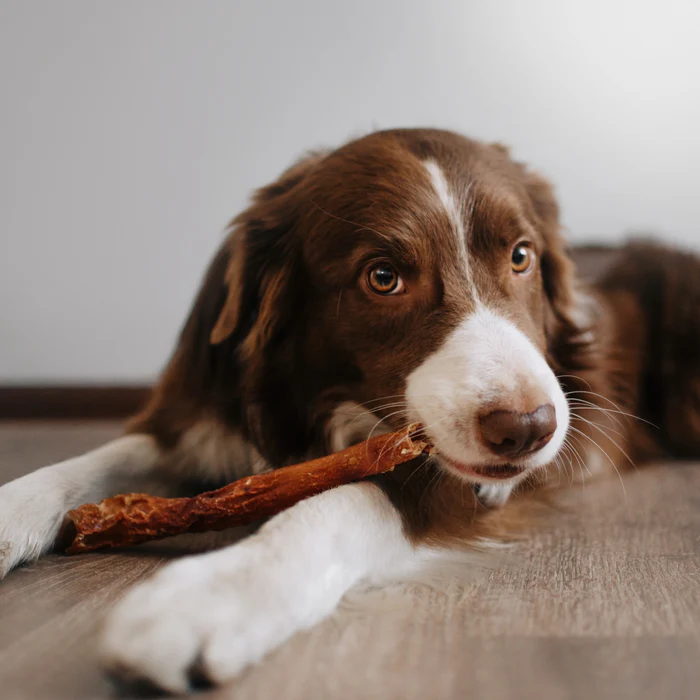
on Whatsapp every day
on Whatsapp every day

Find out what foods are recommended for a balanced diet for your cat.
Cover opened cans of food with cling film and store in the refrigerator to consume within 24 hours. Always serve at room temperature so that the food is palatable and easily digestible. Never offer dog food.
Dry cat food is a great success thanks to the high-quality proteins it contains, the right balance of nutrients and the good consistency, which guarantees the health of the cat's teeth. Dry food is more concentrated than wet food and should therefore be served in small quantities.
Check that the packaging says "complete" and not "complementary", because you could be purchasing treats rather than a balanced meal. If you switch from canned food to kibble, introduce the new food gradually over seven to 10 days. Never forget to leave a bowl of fresh water, as dry food contains only 10% moisture.
A good solution may be to give the cat a mixture of wet and dry food. For example, you can feed wet food in the morning and kibble in the evening for variety.
Be careful, because fresh meat can contain parasites, while cooked meat can be high in fat and not offer the right balance of nutrients.
If you offer your cat fresh meat or fish, it is recommended to remove the bones or bones, as a fragment of bone could end up in the cat's throat. Small, tender bones (chicken bones or pork ribs) should never be given because they could remain in the mouth or throat.
Likewise, it is best to avoid giving liver as a treat, because it can quickly become "addictive", and an excessive amount of liver can cause disease due to the high vitamin A content.
Some cats love cheese, yogurt and hard-boiled eggs, but don't forget that human foods are not 100% nutritionally balanced and therefore your cat should not eat them frequently. A raw egg added periodically to your cat's diet can cause a biotin (vitamin) deficiency, which in turn can lead to dermatitis (inflammation of the skin), hair loss or poor growth.
A normal, healthy cat that eats a complete and balanced diet does not need food supplements. However, a cat that is fed scraps, doesn't get enough exercise, or is sick may have specific nutritional needs.
Some owners believe that calcium supplementation should be added to pregnant or nursing cats and growing kittens. It is true that in these circumstances a greater intake of minerals is necessary, but this should be achieved through a balanced, good quality diet. Adding minerals disproportionately to other nutrients can contribute to bone deformation and other health problems.


Most dogs go crazy for water, but why? Whether it's a fountain, a puddle, the sea or a river, dogs seem really attracted to it, woe betide them to stop them from taking a nice dip. How can we blame...
{"one"=>"Select 2 or 3 items to compare", "other"=>"{{ count }} of 3 items selected"}
Leave a comment